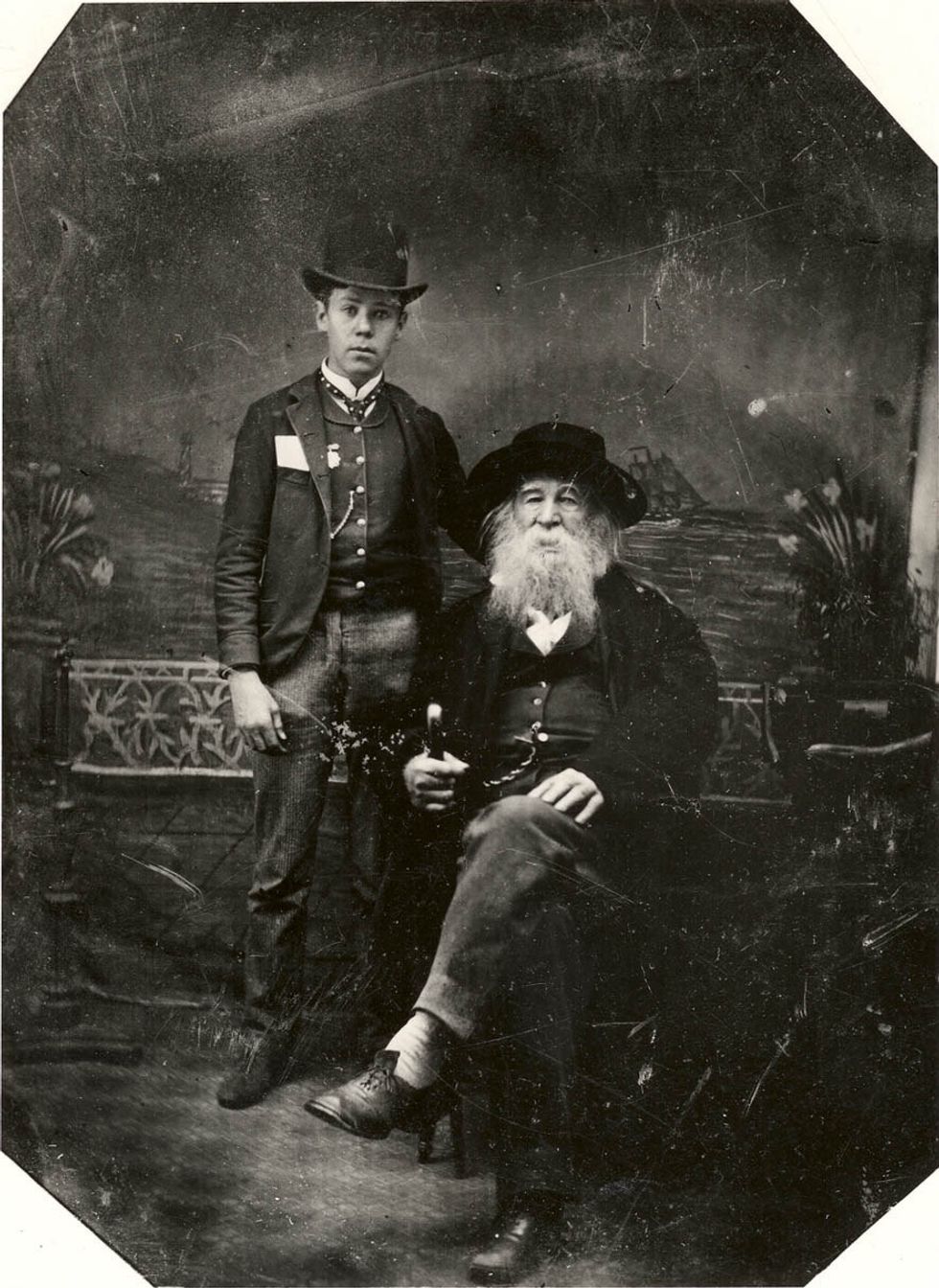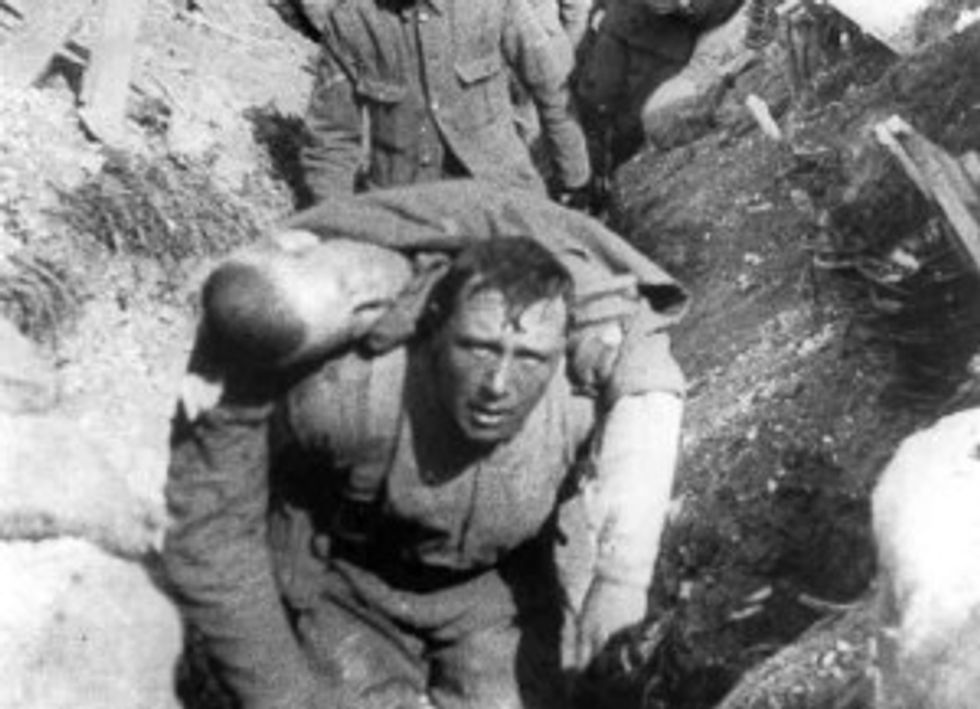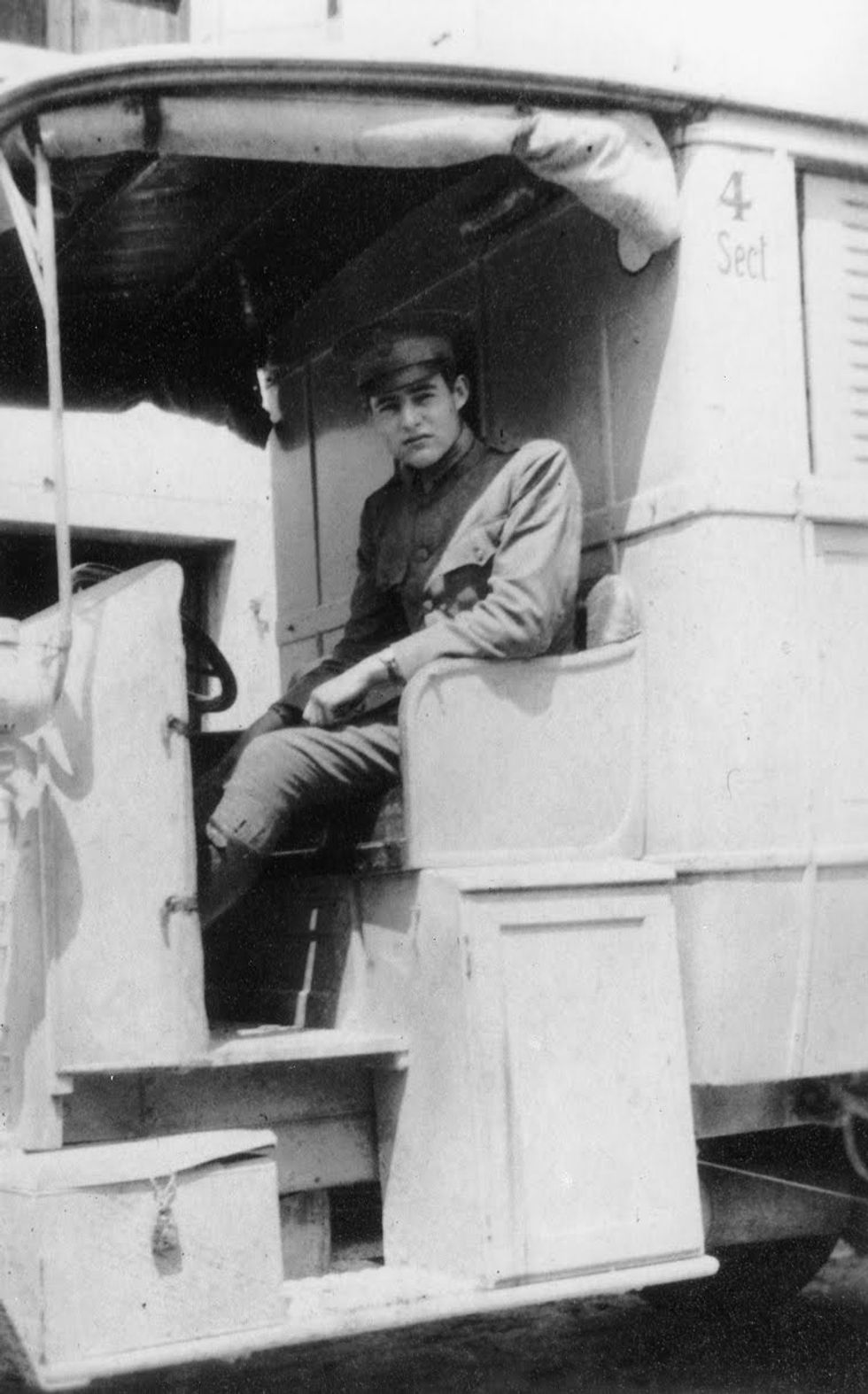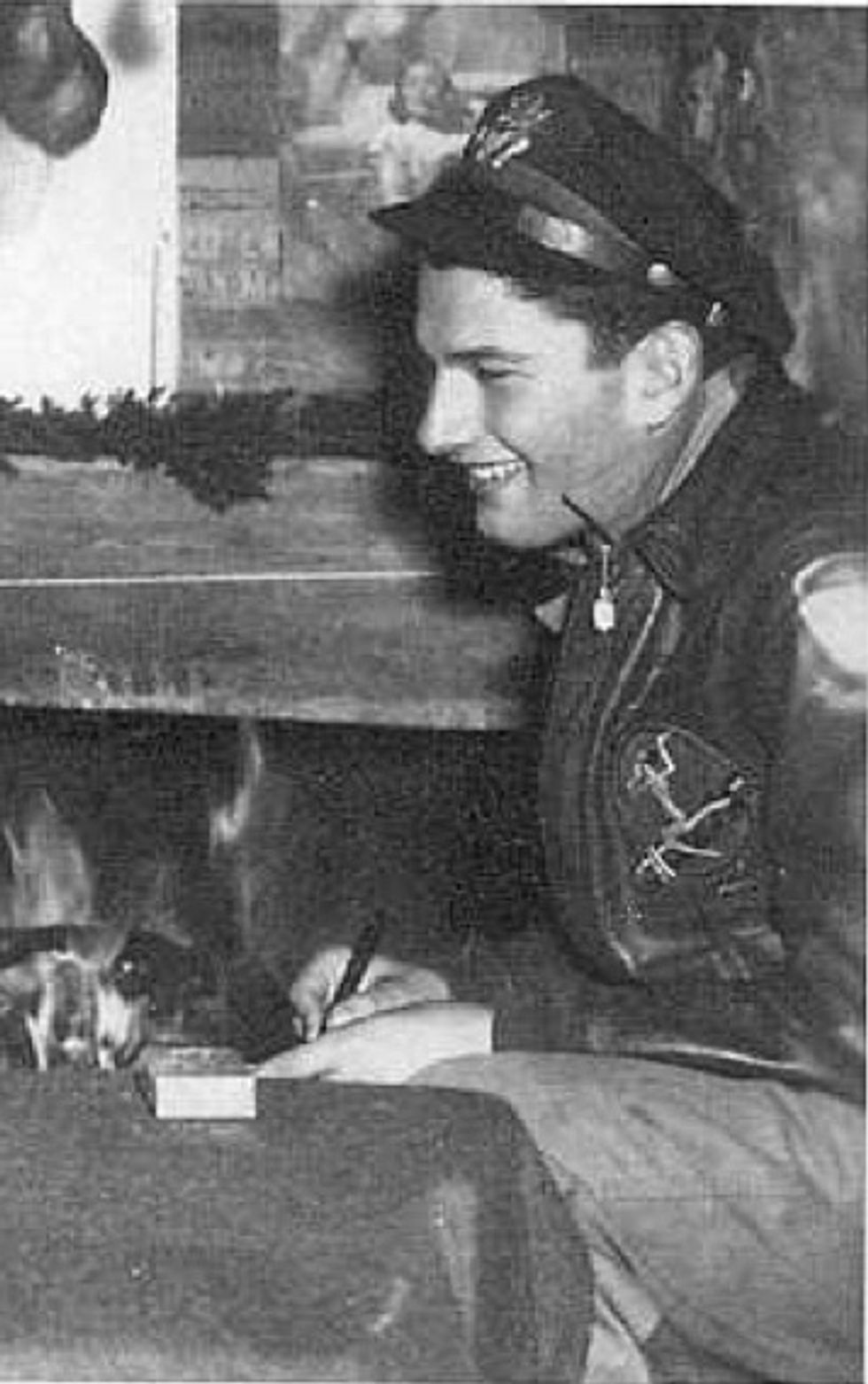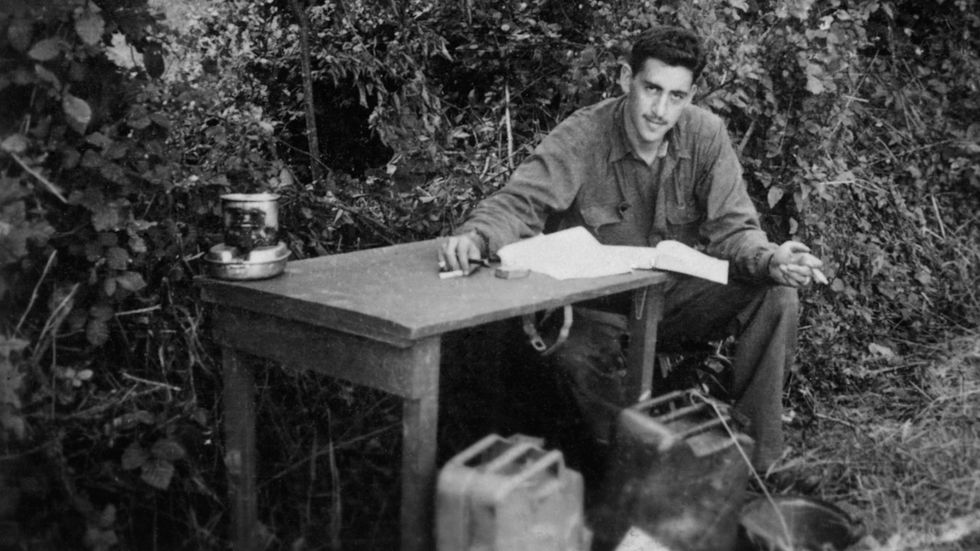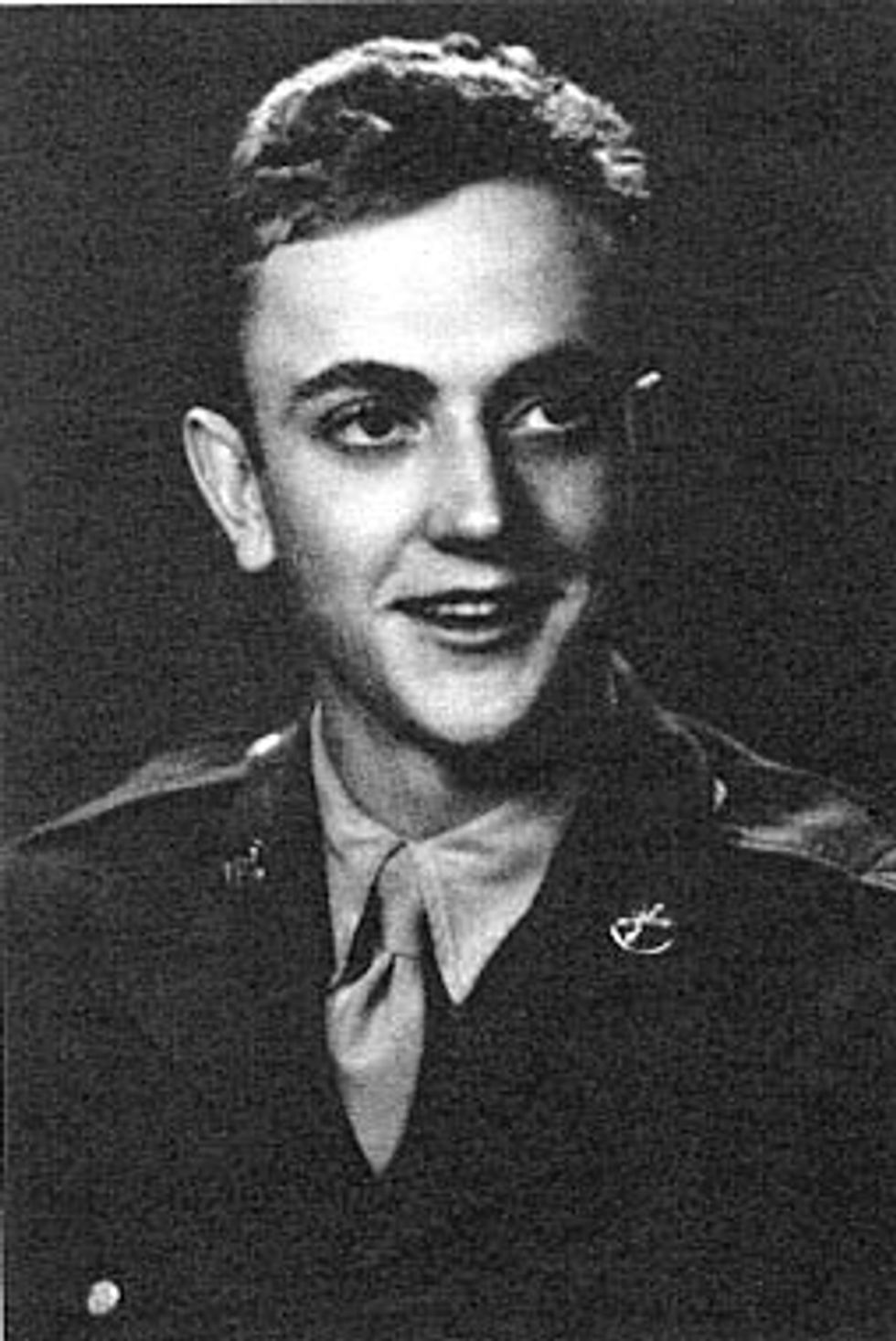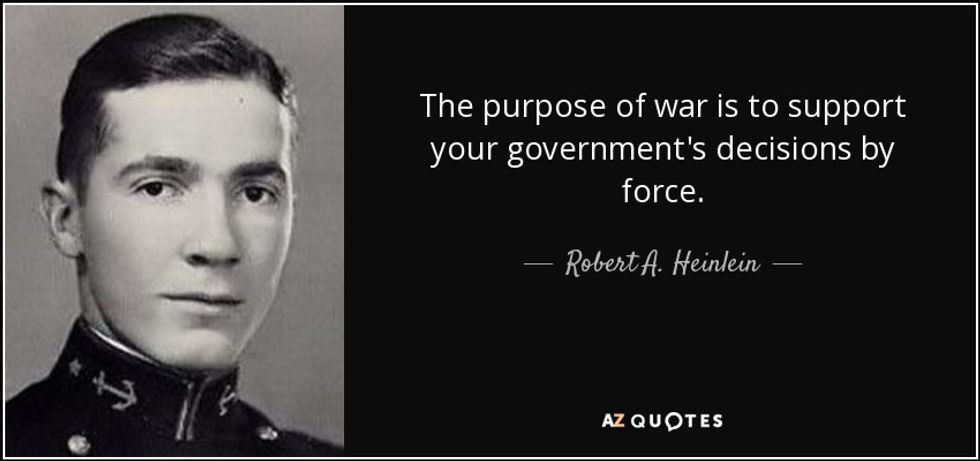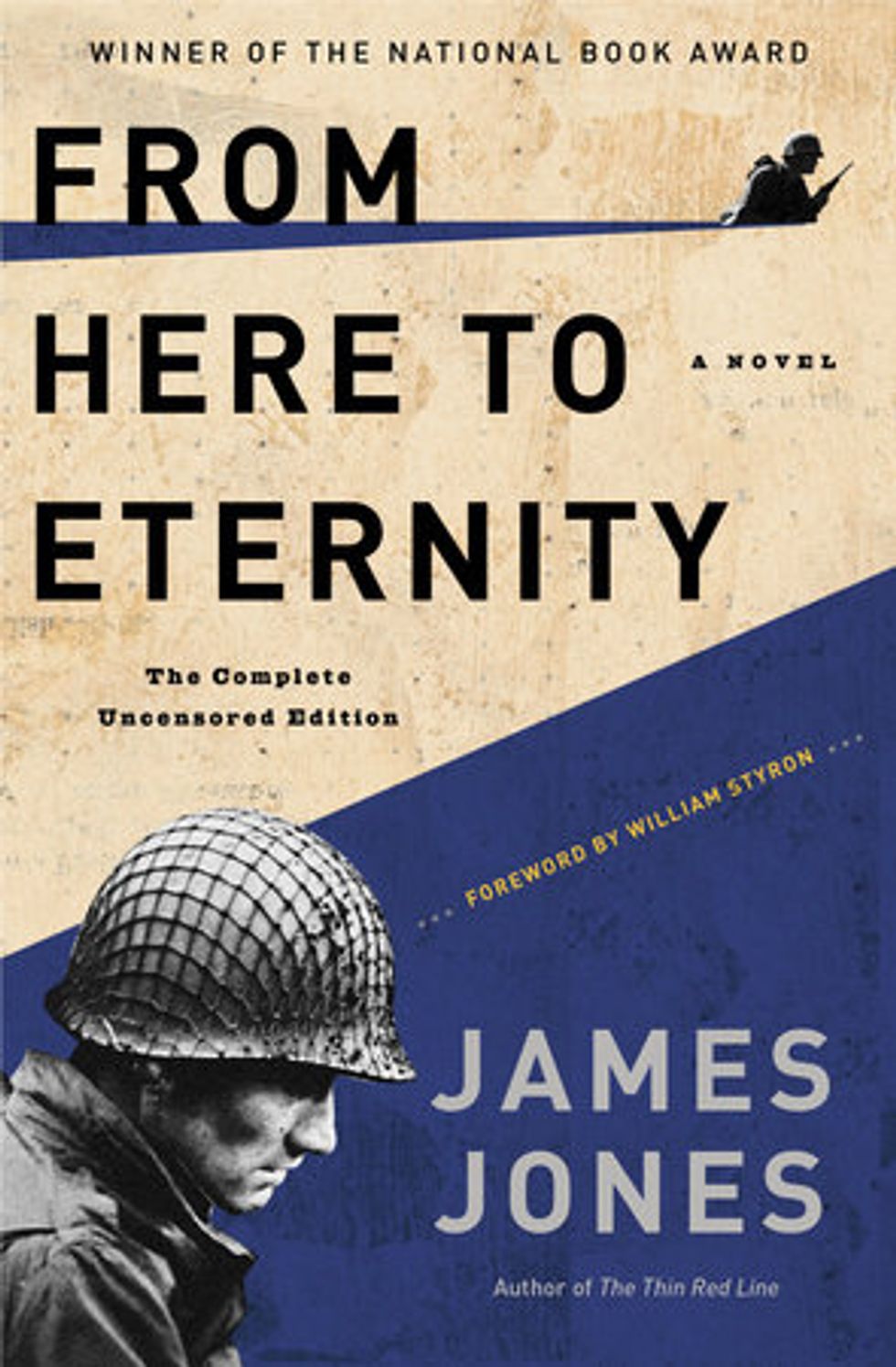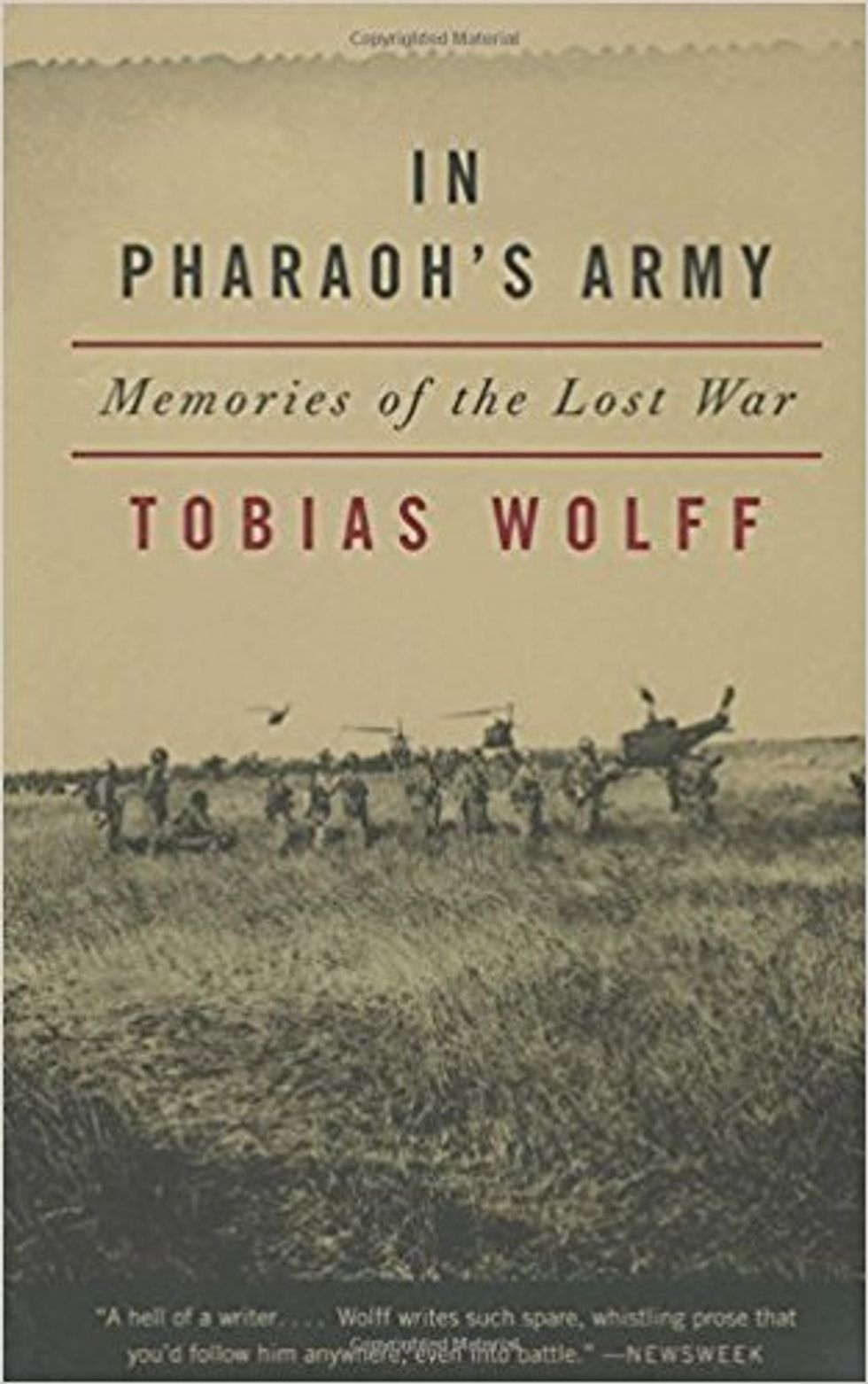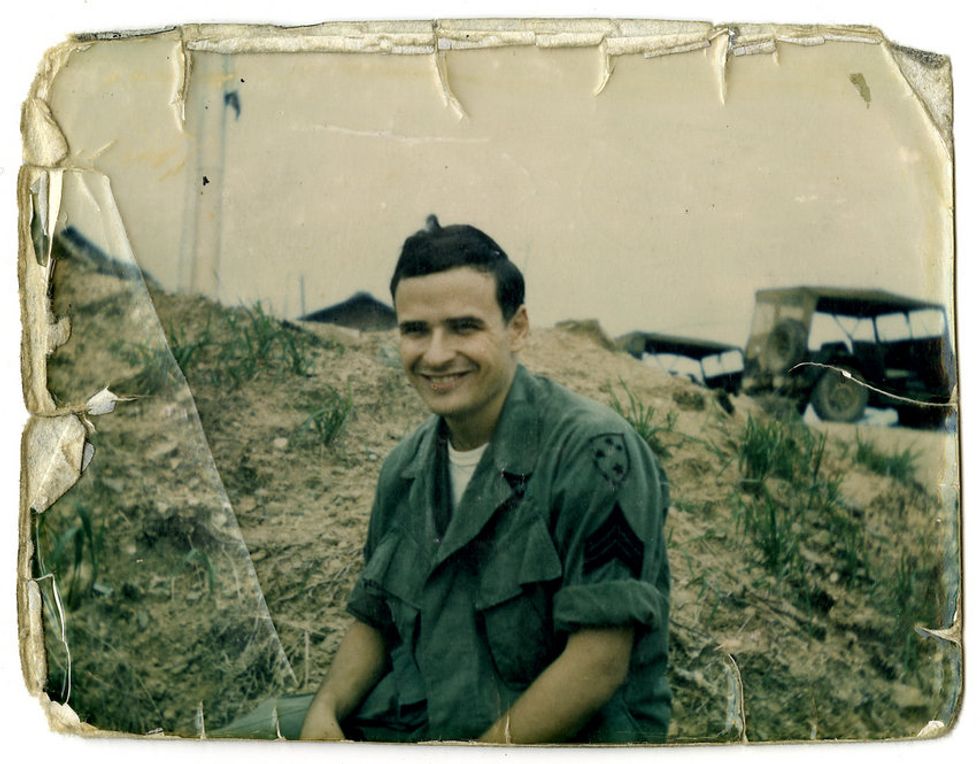Many soldiers who served in various wars came back with experiences they wanted to put on paper, so they wrote out their experiences in form of short fiction or poetry.
It was a way of revealing their experiences through the means of writing and thus creating a whole new genre of literary works.
Here are 10 American writers who served in the military and how their works were influenced by their service.
I. Walt Whitman
Poet Walt Whitman went into the Civil War battle grounds after his brother was wounded in action at the battle of Fredericksburg. Afterward, Whitman spent the next three years aiding the medics with the wounded. He wrote poems about his time with the wounded, talking about the horrors of the Civil War war and what it entailed. Although he never served, he was still able to recount what the war looked like from a medic’s perspective.
II. E.E Cummings
Cummings was a volunteer ambulance driver for the Norton-Harjes Ambulance Service in France in WWI. He was drafted in 1918 for the US Army and trained in Massachusetts.
III. Earnest Hemingway
Hemingway left Kansas in 1918 to become an ambulance driver for the Italian Army in WWI. He was wounded by mortar fragments. Afterward, he moved to Paris to become a war correspondent.
A Farewell to Arms: One critic called it “a parable of twentieth-century man’s disgust and disillusionment at the failure of civilization to achieve the ideals it had been promising throughout the nineteenth century.”
It was criticized because of it’s anti-war sentiment and desertion. The Italians didn’t like his attitude about the war. It shows Hemingway’s own disenchantment with the war effort. A book that looks beyond the war to the lives outside.
IV. Joseph Heller
Heller enlisted in the Army Air Corps, Served in the 12th Air Force in 1942 after graduating from high school in 1941. Heller flew 60 combat missions as a B-25 Bombardment Squadron at the Italian Front. He was given an Air Medal award and a Presidential Unit Citation. Heller regarded the war as “fun in the beginning… You got the feeling that there was something glorious about it.” He had a fairly positive view on the war, which is why it is so interesting that Catch 22 was more leaning on a negative light on war.
Catch 22: The novel follows Captain John Yossarian of the Army Air Corps and his attempts to get out of flying combat missions. Heller posed the question about the book; “What does a sane man do in an insane society?”
Although it didn’t at first receive a lot of popularity, the anti-war sentiments caught the interest of the baby-boomers and grew in popularity. More of a commentary on the military themselves than the war effort.
V. J.D Salinger
Salinger was drafted into WWII, spring of 1942. He was a part of the 12th Infantry Regiment, 4th Infantry Division. D-Day was his first day of combat, where he supposedly was carrying the first six chapters of The Catcher in the Rye in his jacket on Utah Beach. He also fought in The Battle of the Bulge and the Battle of Hürtgen Forest. He became a part of a counter-intelligence division to interrogate POW’s. In 1945, he saw a liberated concentration camp. He then was hospitalized for a couple weeks after the war for “combat stress reaction.” He wrote all through his time serving in the army, including what was later to become The Cather in the Rye. And on leave in Paris, he met Hemingway, and they became quite close. Hemingway was one of the reasons Salinger got through the war. He wrote a collection of short stories surrounding Holden Caulfield and they eventually melded into The Catcher in the Rye.
Salinger said to have put a lot of himself into Holden’s character. Holden’s character helped him come to terms with many of the deaths he witnessed and the war itself.
VI. Kurt Vonnegut
Voggenaut was a US Army Infantry solider of the 423rd Infantry Regiment, the 106th Infantry Division. He was captured during the Battle of the Bulge and became a POW. He lived through the bombing of Dresden.
Slaughterhouse Five: A book written about the massacre at Dresden. Vonnegut states in his introduction that the book is a failure “because there is nothing intelligent to say about a massacre.”
Without his experiences in Dresden, this literary classic would have never been born.
This book served as the blurred lines between fact and fiction, drawing from his experiences at Dresden and with the ability to use artistic license.
VII. Robert A. Heinlein
Heinlein graduated the US Naval Academy. Served on the USS Lexington (CV-2), USS Roper (DD-147), Philadelphia Navy Yard. He worked in radio communications and was discharged after getting pulmonary tuberculosis. Prominently a science-fiction writer, Heinlein studied aeronautical engineering for the U.S. Navy. He began to write more nonfiction political pieces after the war before writing Starship Troopers.
Starship Troopers: This novel is a controversial Science-Fiction novel with themes from The Cold War. Andrew Liptak says that the Heinlein “never quite uses the novel for his soldiers to question the necessity of the war that they fight, but as a hawkish examination on the responsibilities of a citizen toward one’s country.” The novel began a sub-genera of military science fiction.
Before, his writings were considered quite patriotic, until Truman’s announcement of the dropping of the A-Bomb on Japan. His writings turned less pro-military then and he wrote Starship Troopers. Which turned into a very successful film.
VIII. James Jones
Jones served from 1939 to 1945 in the 25th Infantry Division, US Army. Served after Pearl Harbor and at Guadalcanal. He received a bronze star and a purple heart for his actions.
Jones’ service greatly influenced his works, and after the war he wrote From Here to Eternity, a book about an army stationed in Hawaii just before the attack on Pearl Harbor. He also wrote The Pistol and The Thin Red Line--a novel that depicted the war in the Pacific in gruesome detail, with characters who struggled with the horrors of the war.
IX. Tobias Wolff
Wolff served in the US Army during the Vietnam War. Wolff was trained as a paratrooper. He was stationed with the South Vietnamese Army soldiers near Mỹ Tho.Wolff was there during the Tet Offensive.
The Pharaohs Army: A personal memoir about his experience in Vietnam. It talks about his life both in and out of the war.
The book was a National Book Award finalist for Non-Fiction. It was an important book to read because a memoir shows more pathos and real stories of the war.
X. Tim O’Brian
O'Brian was drafted in 1968 to the Vietnam War, two weeks after finishing his degree at Macalester College. He served on the ground in the 3rd Platoon, Company A, 5th Battalion,46th Infantry Regiment and was wounded in action twice. He was also promoted to Sergeant and awarded a Purple Heart. He did not truly start his writing carrier until after he finished his service in Vietnam.
He first wrote “If I Die in a Combat Zone, Box Me Up and Ship Me Home.” A memoir of his time in Vietnam, where he said, "Can the foot soldier teach anything important about war, merely for having been there? I think not. He can tell war stories.
In The Things They Carried is a collection of wartime short stories. O’Brian wanted to remain impartial in his feelings about the Military and their dealings in Vietnam, but this book’s tone is often bitter and jaded, regarding the Military.
it is a verisimilitude- a blending of fact and fiction that authors use to create fictional elements to true stories and people.
It was also rewarded for it’s condor about the war but is often difficult for people to read due to its content.
Each of these writers were shaped by their time in military service in different ways, but they were all inspired to write about it, in one form or another. Military service leaves a large impact on anyone who serves and these works of art show just how much of a lasting impression it leaves.
Many classic works of literature would not exist had these authors not served the various wars. These works are designed to move us and teach us about the human condition in times of war.
"I was saving my life with every word I wrote, and I knew it."
― Tobias Wolff


